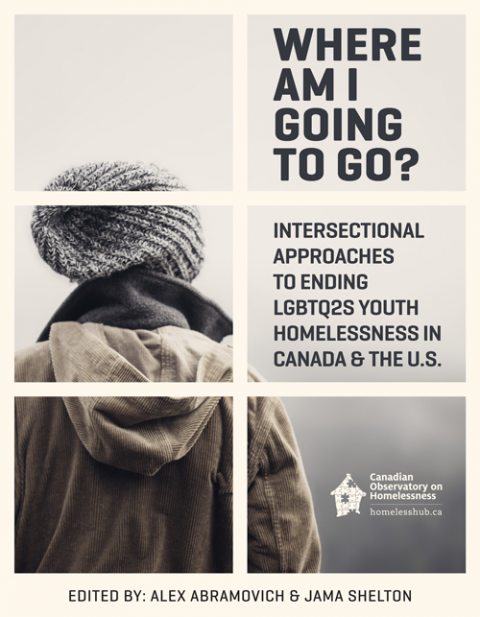Understanding Homelessness
Solutions
The Institute of Global Homelessness
IGH supports an emerging global movement to end street homelessness.
IGH supports an emerging global movement to end street homelessness.
IGH supports an emerging global movement to end street homelessness.
- Home
- Understanding HomelessnessCauses & IntersectionsHousing Affordability & AvailabilityUrbanizationEvictionsUnemployment & UnderemploymentSubstance Use & Addictive BehaviorsMental IllnessViolence & TraumaCriminalization & Law EnforcementLand Use & AccessEnvironmentPovertyBegging & Pan-handlingDeinstitutionalizationHealthcare & Health PolicyCognitive ImpairmentStigma & Social IsolationDemographicsIndividualsFamiliesChildren & YouthSeniorsLGBTQIA+People with DisabilitiesNative/Aboriginal/Indigenous PeoplesRural PopulationsUrban PopulationsSex WorkersDomestic Abuse SurvivorsRace/Ethnicity/CasteImmigrants & MigrantsWomen & GirlsRefugees, Displaced & Stateless PeopleVeteransAddiction & HomelessnessDrug UseAlcohol ConsumptionGamblingImpact on HealthInfectious DiseasesHunger & NutritionSexual/Reproductive HealthChronic IllnessesCommon Health ProblemsEmergency ResponseImpact on Mental HealthDepression & SuicideTrauma-related DisordersLibrary Research GuideRegions
- Regions
- Solutions
- Using Data
- What's New
- About Us
The Institute of Global Homelessness
IGH supports an emerging global movement to end street homelessness.IGH supports an emerging global movement to end street homelessness.IGH supports an emerging global movement to end street homelessness.





